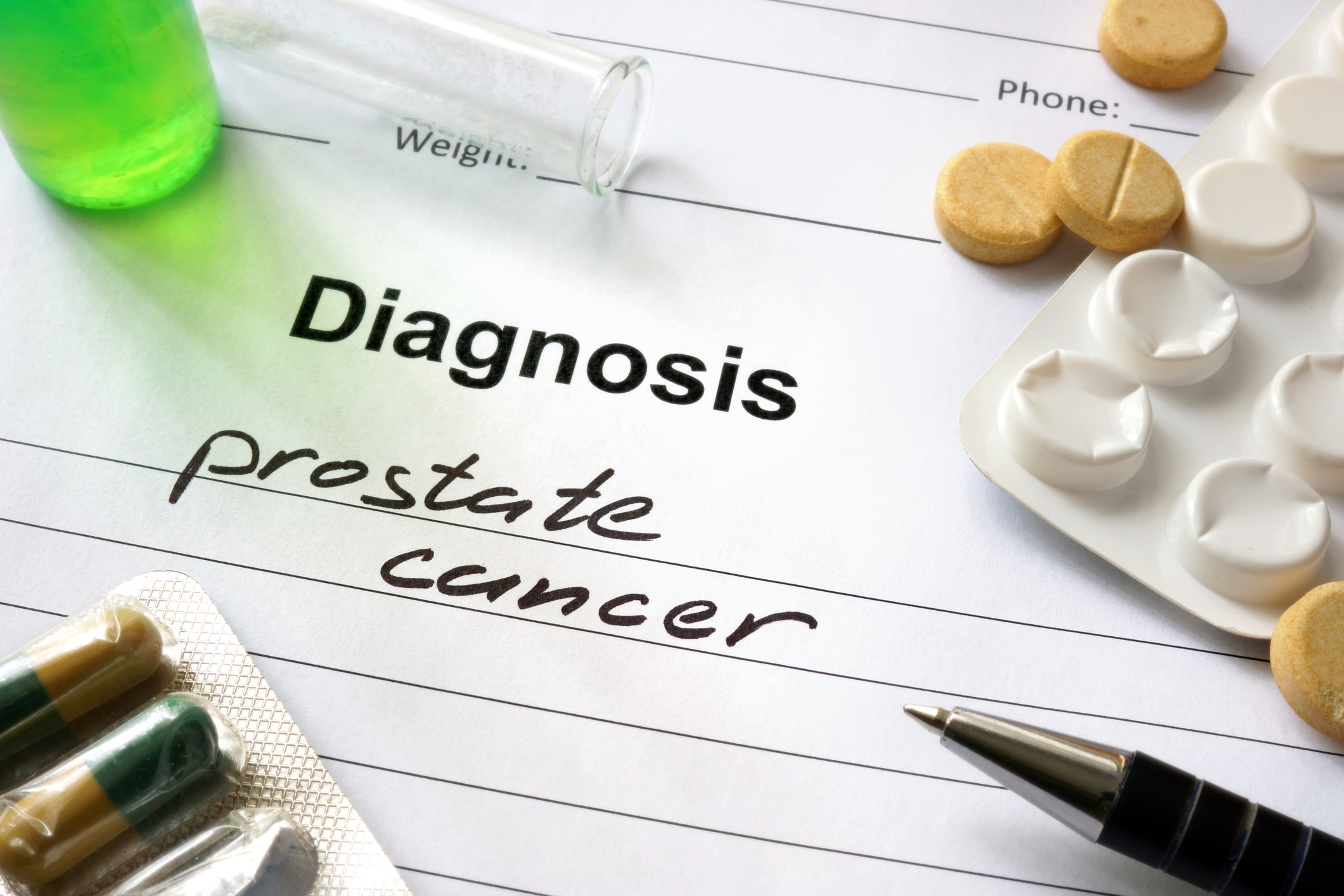No Connection Found Between Testosterone Therapy and Risk of Aggressive Prostate Cancer

TRT is a popular approach to treating low levels of testosterone, an important hormone for men. When a man has low testosterone, he may feel tired, weak, and depressed. He may lose interest in sex or develop erection problems.
Sometimes, men have low testosterone because of medical conditions that interfere with its production. But men can also develop low testosterone as a result of normal aging.
That’s because men’s testosterone levels naturally decline as they get older. The goal of testosterone therapy, which can be administered through gels, patches, and injections, is to bring a man’s testosterone levels back to a normal range.
Some experts have been concerned about TRT and prostate cancer risk, as testosterone can fuel the growth of prostate cancer cells.
To learn more, a group of American and Canadian researchers examined data from two Swedish databases related to prostate cancer and prescriptions, including testosterone.
They identified 38,570 cases of prostate cancer diagnosed between 2009 and 2012. They also looked at data from 192,838 men without prostate cancer.
Prescriptions for TRT were filled by 284 men with prostate cancer before their cancer diagnosis. TRT prescriptions were filled by 1,378 men who did not have prostate cancer.
The scientists found no connection between TRT and prostate cancer risk. They did discover that “favorable risk” prostate cancer (disease that is not aggressive and does not necessarily need immediate treatment) was more common among men who had had TRT. But these men may have gone to the doctor more often and had early biopsies, which could have increased the odds of finding cancer earlier.
Results related to aggressive prostate cancer were different, however. Men who had taken testosterone for a year or longer had their risk of aggressive disease cut in half. The researchers did not expect this finding and noted that more study is needed.
“Overall, our study suggests that what is best for men’s health is to keep testosterone levels balanced and within a normal range,” said lead investigator Stacy Loeb, MD, MSc of the NYU Langone Medical Center in a press release.
The findings were presented in May at the American Urological Association’s annual meeting in San Diego, California,
Resources
AUA 2016
Loeb, Stacy, MD, MSc, et al.
“Testosterone Therapy and Prostate Cancer Risk”
(Abstract presented at the annual meeting of the American Urological Association, May 9, 2016, San Diego, California)
http://www.aua2016.org/abstracts/files/presenter_LoebStacy-NewYork-NY.cfm
NYU Langone Medical Center
“Testosterone Therapy Does Not Raise Risk of Aggressive Prostate Cancer, Study Suggests”
(Press release. May 9, 2016)
http://nyulangone.org/press-releases/testosterone-therapy-does-not-raise-risk-of-aggressive-prostate-cancer-study-suggests
You may also be interested in...
Other Popular Articles

What Is the Average Penis Size?
If you have ever wondered how your penis compares to others in terms of size, you are not alone. Many men are curious to know how their penises stack up compared to the average. Unfortunately, general curiosity can sometimes give way to full-on obsession and anxiety about penis size. This can be an unhealthy and often unnecessary fixation, especially because most men who think their penises are too small have perfectly normal-sized penises.

What Is Jelqing, and Does It Actually Work?
The term “jelqing” refers to a set of penis stretching exercises that some believe can make the penis bigger. Although the practice has gained attention and popularity in blogs and internet forums in recent years, there is no scientific evidence that it is an effective way to permanently increase the size of one’s penis. In fact, in some cases, jelqing may actually cause damage to the penis, so it is a good idea to get all the facts before setting off to try it.

What Is Sensate Focus and How Does It Work?
Sensate focus is a technique used to improve intimacy and communication between partners around sex, reduce sexual performance anxiety, and shift away from ingrained, goal-oriented sexual patterns that may not be serving a couple.

Can Sex Reduce Menstrual Cramps?
The SMSNA periodically receives and publishes ‘guest editorials.’ The current article was submitted by Mia Barnes, a freelance writer and researcher who specializes in women's health, wellness, and healthy living. She is the Founder and Editor-in-Chief of Body+Mind Magazine.
Having sex while you experience menstrual cramps is healthy and can provide significant benefits. While it might not be the first activity that comes to mind when your PMS or period cramping begins, many people enjoy sex to reduce menstrual cramps, experience increased pleasure and benefit from other advantages. Learn more about having sex while menstrual cramps are happening and how it can help your body.

How Long Does It Take the Average Man to Ejaculate?
On average, it takes a man between 5 to 7 minutes to orgasm and ejaculate during sexual intercourse.

Can Sex Throw off Your Vaginal pH Balance?
The SMSNA periodically receives and publishes ‘guest editorials.’ The current article was submitted by Mia Barnes, a freelance writer and researcher who specializes in women's health, wellness, and healthy living. She is the Founder and Editor-in-Chief of Body+Mind Magazine.
Your vagina is a pretty powerful organ. It is a pathway for menstrual blood and babies. It also is a main player in sexual intercourse. You might hear about your vagina’s pH and worry that yours is at risk. Here’s what to know about vaginal pH, including the impacts sex could have.
You are prohibited from using or uploading content you accessed through this website into external applications, bots, software, or websites, including those using artificial intelligence technologies and infrastructure, including deep learning, machine learning and large language models and generative AI.

